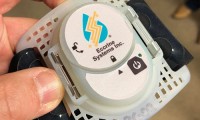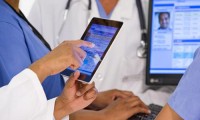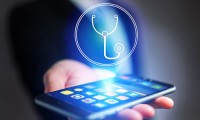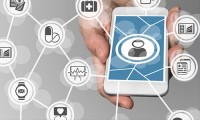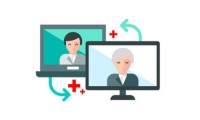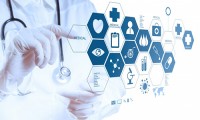-
Health-Check-Up Through Sweat Monitoring Wearable Device
- Source: Ddu
- 1,969
- May 24, 2018
-
AI to Replace Doctors and Nurses for Tasks
- Source: Ddu
- 1,167
- May 23, 2018
-
Digital Health Card on WeChat
- Source: drugdu
- 1,140
- May 23, 2018
-
Remote Control Operates Lab-Grown Heart Cells
- Source: Ddu
- 666
- May 22, 2018
-
Power of mHealth technology elucidated by telepsychiatrist
- Source: Ddu
- 986
- May 18, 2018
-
Apple health record app can disrupt the health data industry
- Source: drugdu
- 942
- May 18, 2018
-
The imperative for securing connected medical devices
- Source: Ddu
- 890
- May 17, 2018
-
Remote eICU program launched to monitor patients health in US Hospitals
- Source: Ddu
- 1,013
- May 16, 2018
-
Integration of next-generation sequencing data in clinical trials facilitated by DNAnexus
- Source: Ddu
- 741
- May 15, 2018
-
New Telemedicine law legislated by Kansas
- Source: Ddu
- 967
- May 15, 2018
your submission has already been received.
OK
Subscribe
Please enter a valid Email address!
Submit
The most relevant industry news & insight will be sent to you every two weeks.

